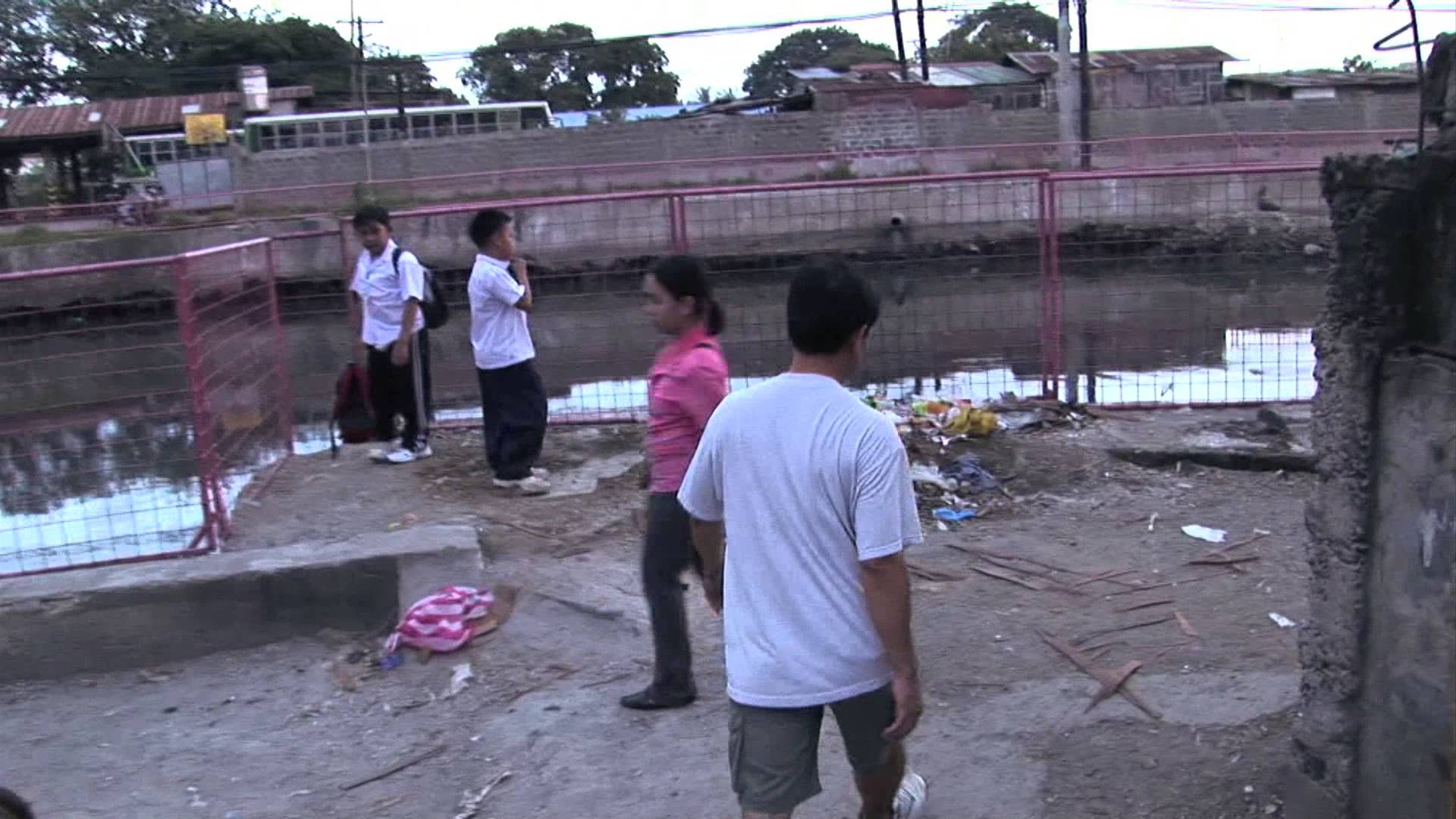EDITORS NOTE from Joz: 8Asians is proud to be a community co-presenter of various films at the 2013 Los Angeles Asian Pacific Film Festival, presented by Visual Communications.
http://youtu.be/BhsoIJReVGg
Stateless is a documentary in Los Angeles Asian Pacific Film Festival that tells stories of different Vietnamese refugees residing in the Philippine and the painful process of waiting for the resettlement interviews from the U.S. government. It showed the painful plight of these stateless refugees who banked their future on the interviews, and the risk to be repatriated to Vietnam if they failed.
After the Vietnam War, many people in Cambodia, Laos, and especially Vietnam became refugees in the late 1970s and 1980s, after the liberation of Saigon. In Vietnam, the communist government sent supporters of the foreign forces and the old government in the South to re-education camps, and others to “new economic zones.” To flee the country, many people bought places in large boats that held 400 passengers. Others organized smaller groups to go on makeshift rafts crudely made of wood, or boarded fishing boats. Many families were split up as they couldn’t afford to send all family members out. Many refugees resided in the Philippine after they left.
A chance to freedom finally came when the U.S. government sent officials to interview these refugees in the Philippine and resettle those who pass the interview in the west. The film profiled several refugees and brought us to their journey and took a first person look into their desire of freedom. Refugee Phan Duc Tham said he had to sleep with a dog just to keep warm when he was describing his heartrending life as a stateless refugee.
The story is powerful, but the film structure left a lot of confusion. Despite the interviews of different refugees, there is hardly any document, video, or actuality. It provides an effective sense of the living environment of the refugees, but there is not sufficient evidence of the kind of life they have been through beyond some old photos and words of mouth.
Bitter tears from refugees are touching, but the redundant street scenes of Manila and the moving camera creating dizzy shots only strengthens the belief that the producer didn’t have much actuality, which later confirmed by director Duc Nguyen that they didn’t have enough time to shoot. The lack of materials also left many questions about the resettlement interviews, a milestone for these refugees and a changing point of the film. What questions were asked? What documents were required? What were the challenges? What were the odds?
All we know about the interviews were streets swarming with motor cycles and a busy market crowded with people in Manila. Then the shots suddenly changed to an angry man who runs a non-profit organization to help these refugees. He said he was frustrated, and when we were trying to figure out his frustration, the shots, once again, took us to an unknown Buddhism ceremony, and then, out of nowhere, we were transported to the U.S. and saw Trong Nguyen, one of the refugees, obtained his U.S. citizenship.
- Excited
- Fascinated
- Amused
- Disgusted
- Sad
- Angry








